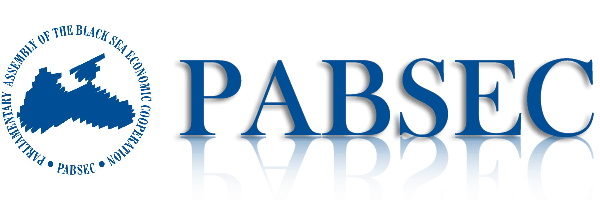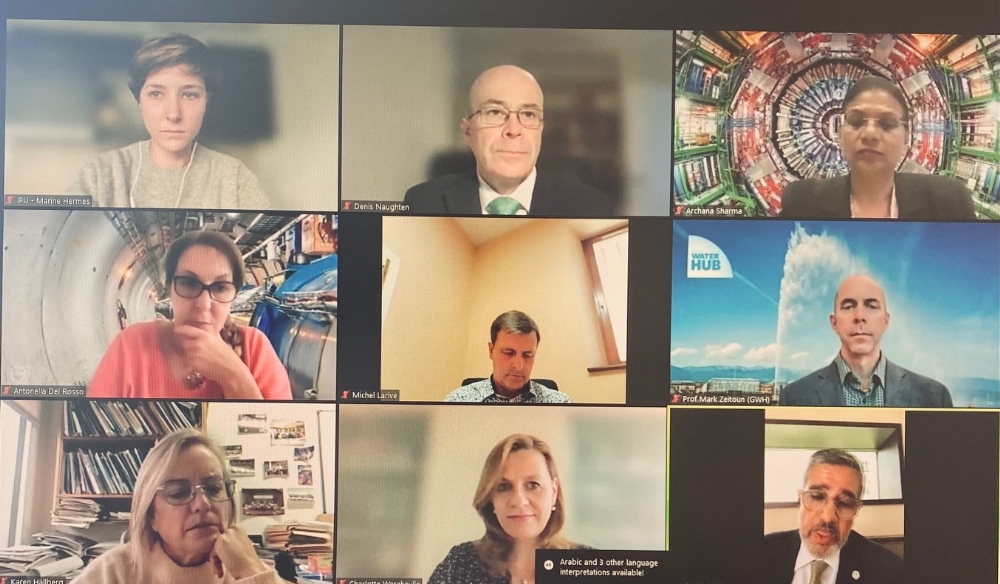Participation of the PABSEC International Secretariat in the “Making the water pie bigger: Water technology vis-à-vis the water crisis in the Middle East” IPU webinar, 30 May 2022
Following the invitation by the IPU Secretary General Mr. Martin Chungong, addressed to the PABSEC International Secretariat, Mr. Miltiadis Makrygiannis, PABSEC Deputy Secretary General attended virtually the webinar titled “Making the water pie bigger: Water technology vis-à-vis the water crisis in the Middle East”, on 30 May 2022.
This webinar was organized by the IPU and took place in the framework of the project “IPU Science for Peace Dialogues”.
The webinar focused on the use of science and technology to address the problem of water scarcity as a means to provide a domain for positive cooperation between conflicting nations in the Middle East. The interventions also reflected upon past work in this domain, including the 2016 Roundtables on Water.
The event was moderated by Ms. Antonella Del Rosso, Communications Officer at CERN, and several specialists took the floor, among them, Ms. Charlotte Lindberg Warakaulle, Director for International Relations, CERN, Ambassador Mokhtar Omar, Senior Advisor to the IPU Secretary General, Mr. Gennaro Migliore, President of Committee on Middle East Question, Mr. Michel Larive, Chair of the IPU Working Group on Science and Technology, Professor Karen Hallberg, Professor of physics at the Balseiro Institute, Research Director at the Bariloche Atomic Centre, Mr. Denis Naughten (Ireland), member of the IPU Working Group on Science and Technology (WGST), Ms. Natasha Carmi, Lead Water Specialist, Geneva Water Hub and other.
The main objectives of the webinar were to use the concept of water to encourage positive cooperation between nations in addressing challenges of water scarcity and to raise awareness of how science addresses challenges and produces solutions via the development of new technologies.
Moreover, to establish a Parliamentary Network on Water and to encourage new ways of addressing conflicts through the establishment of common goals.

